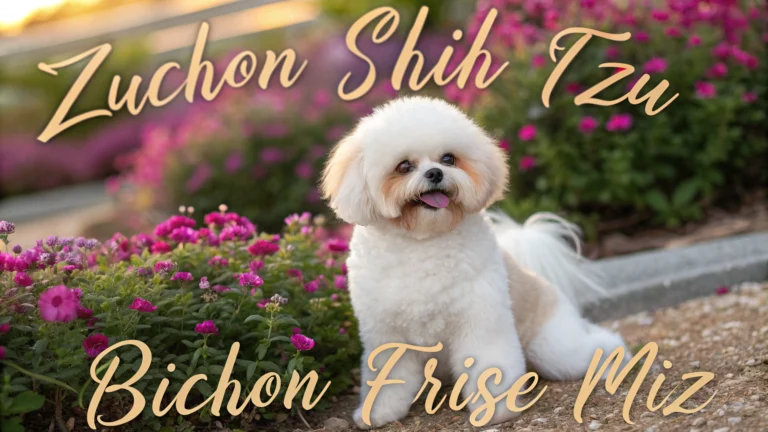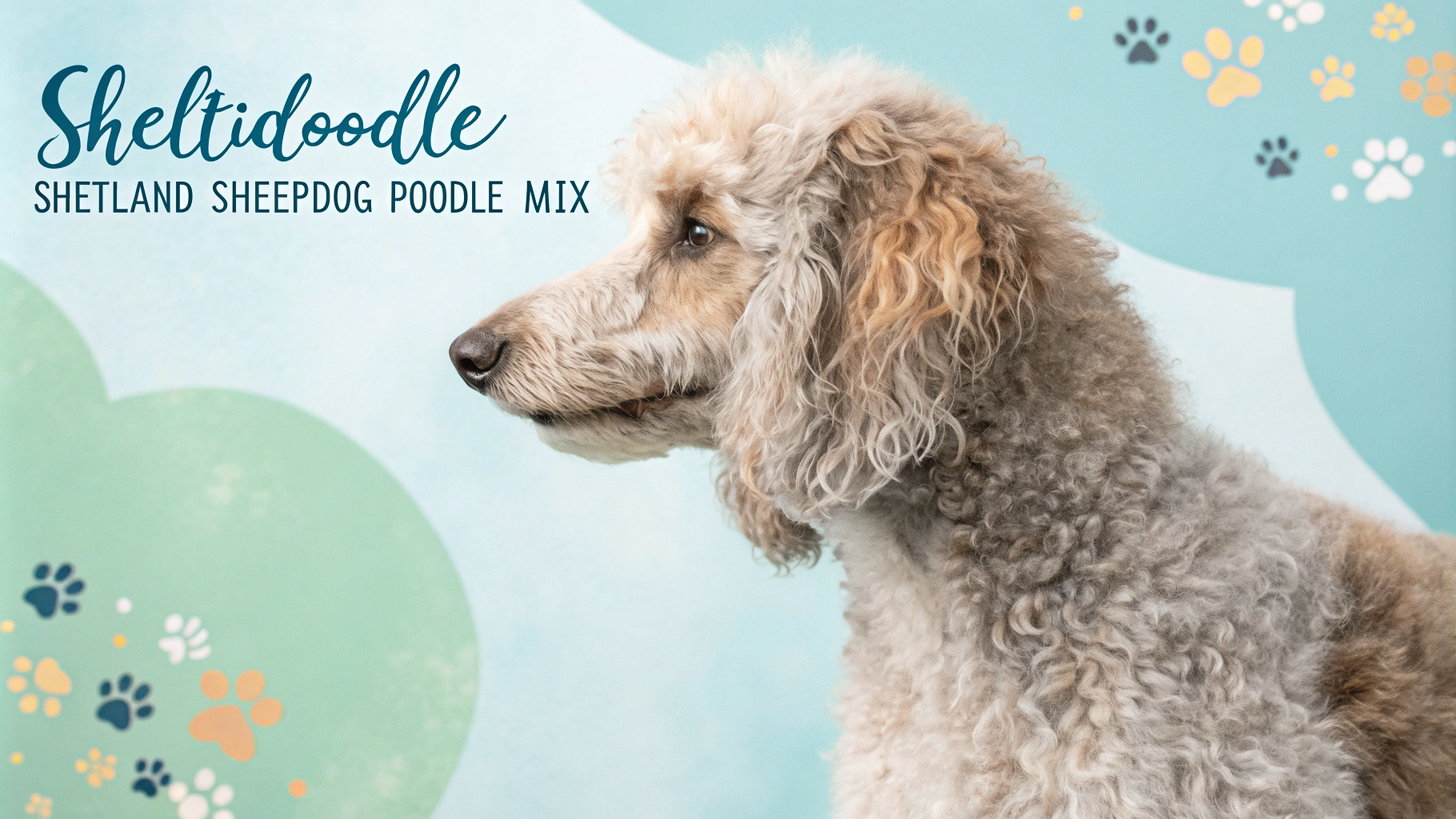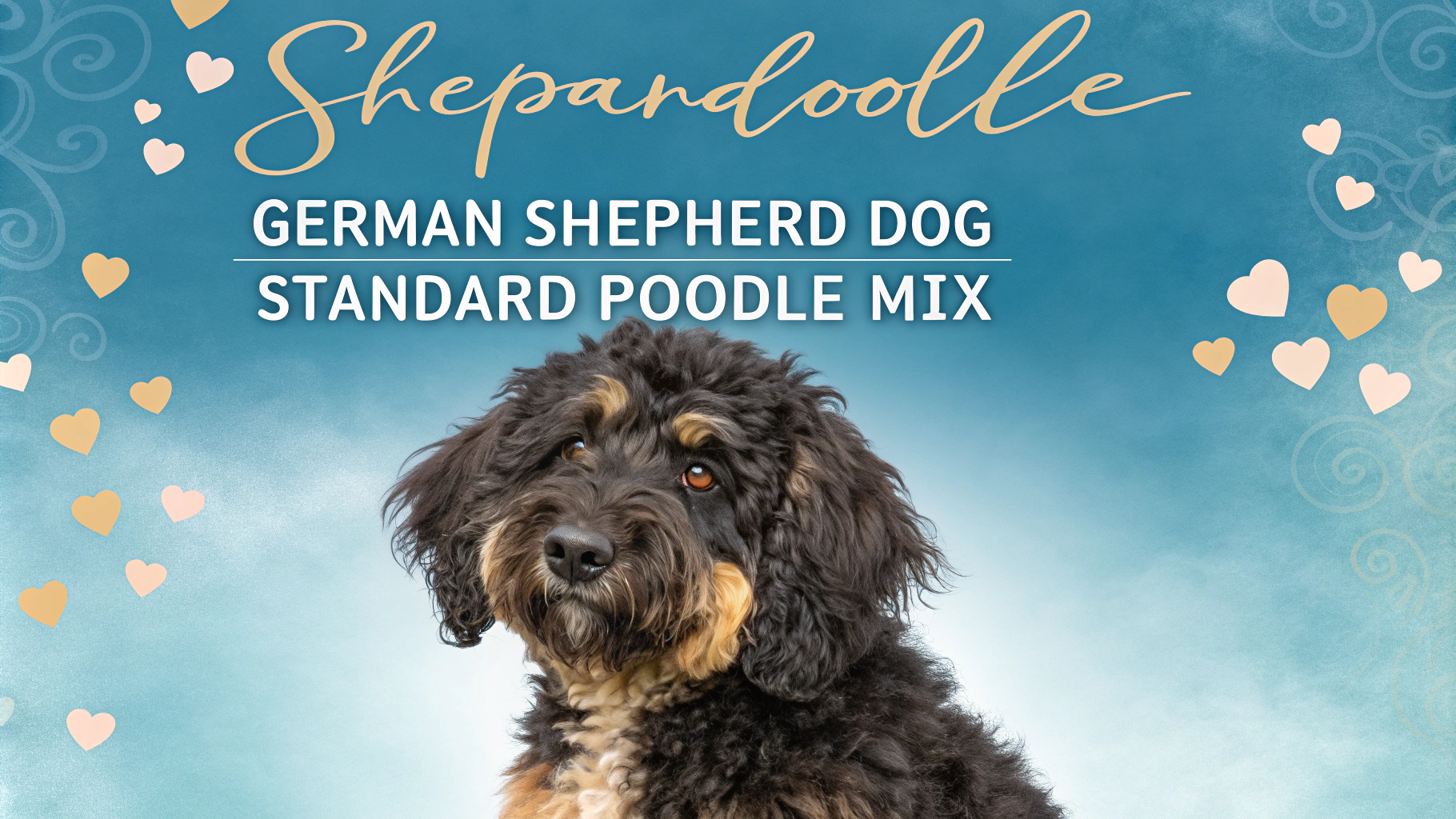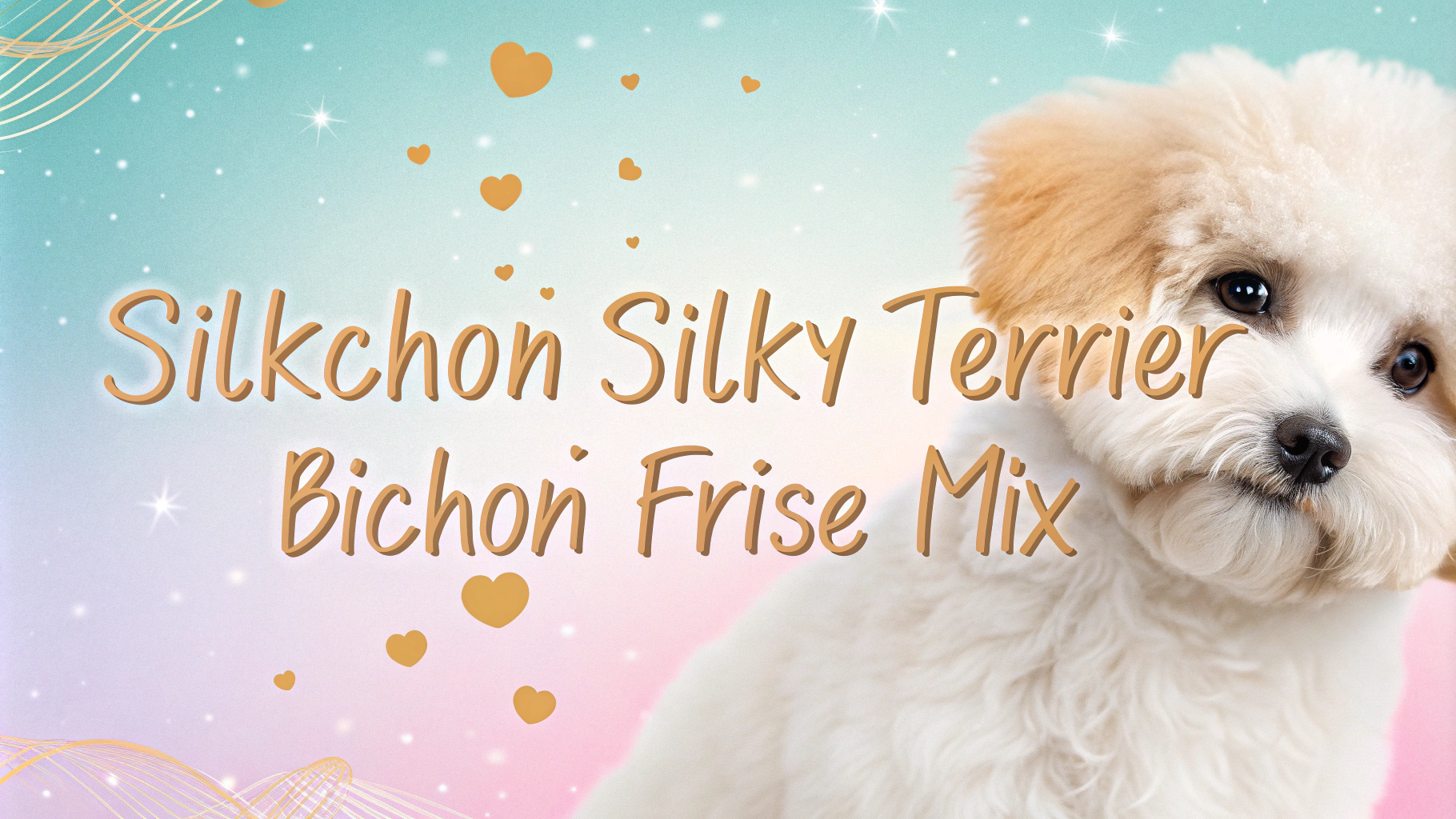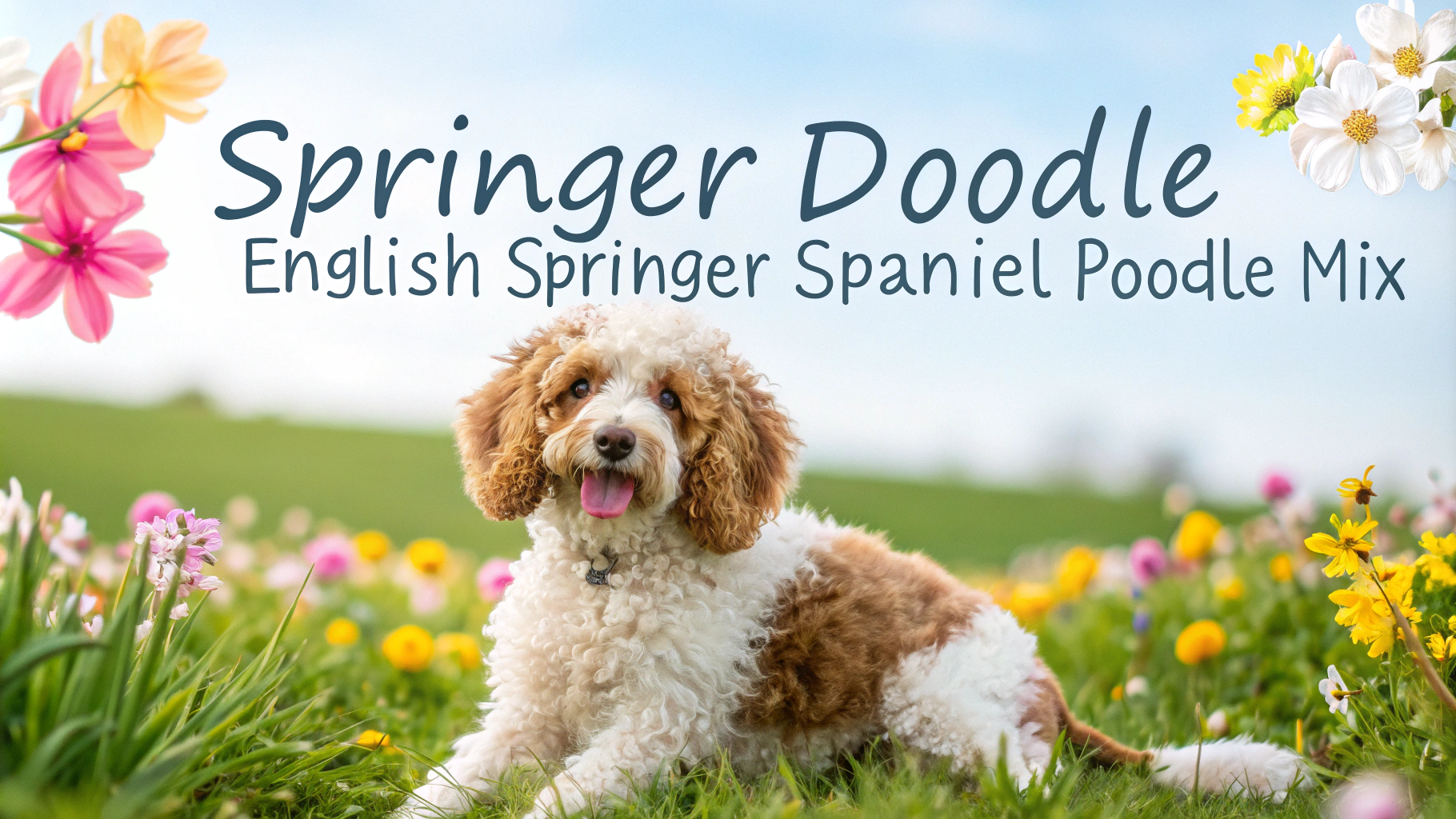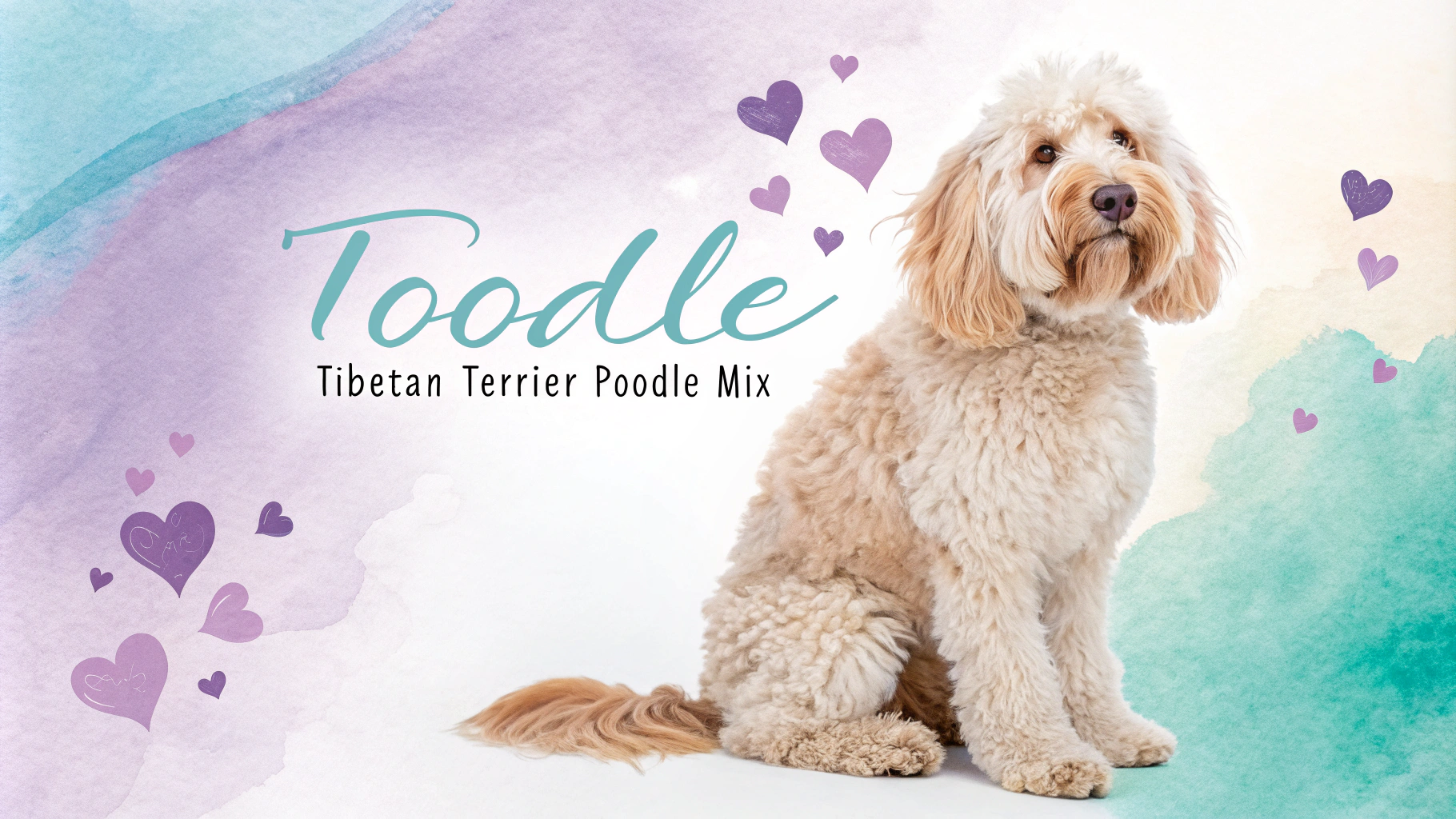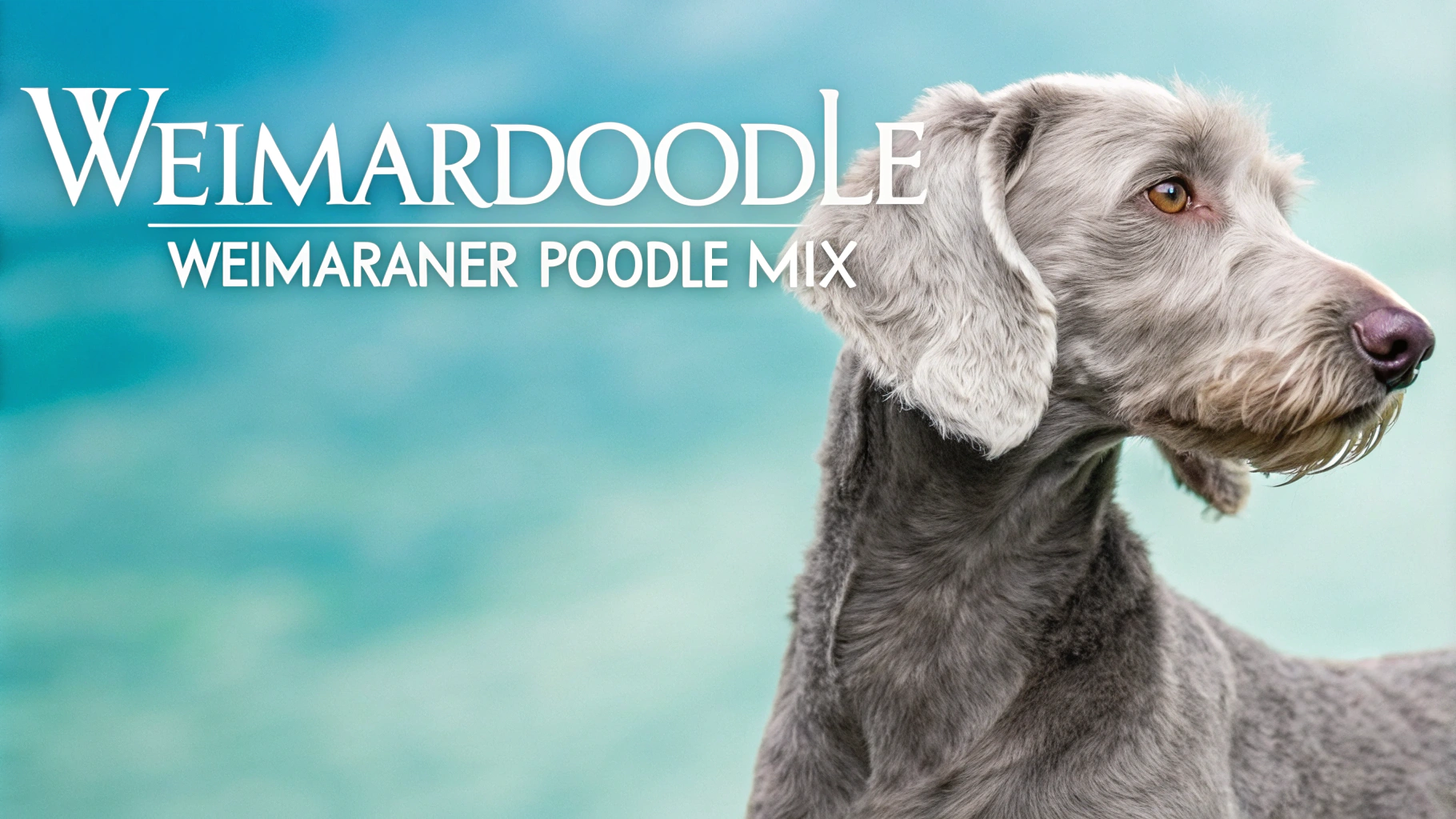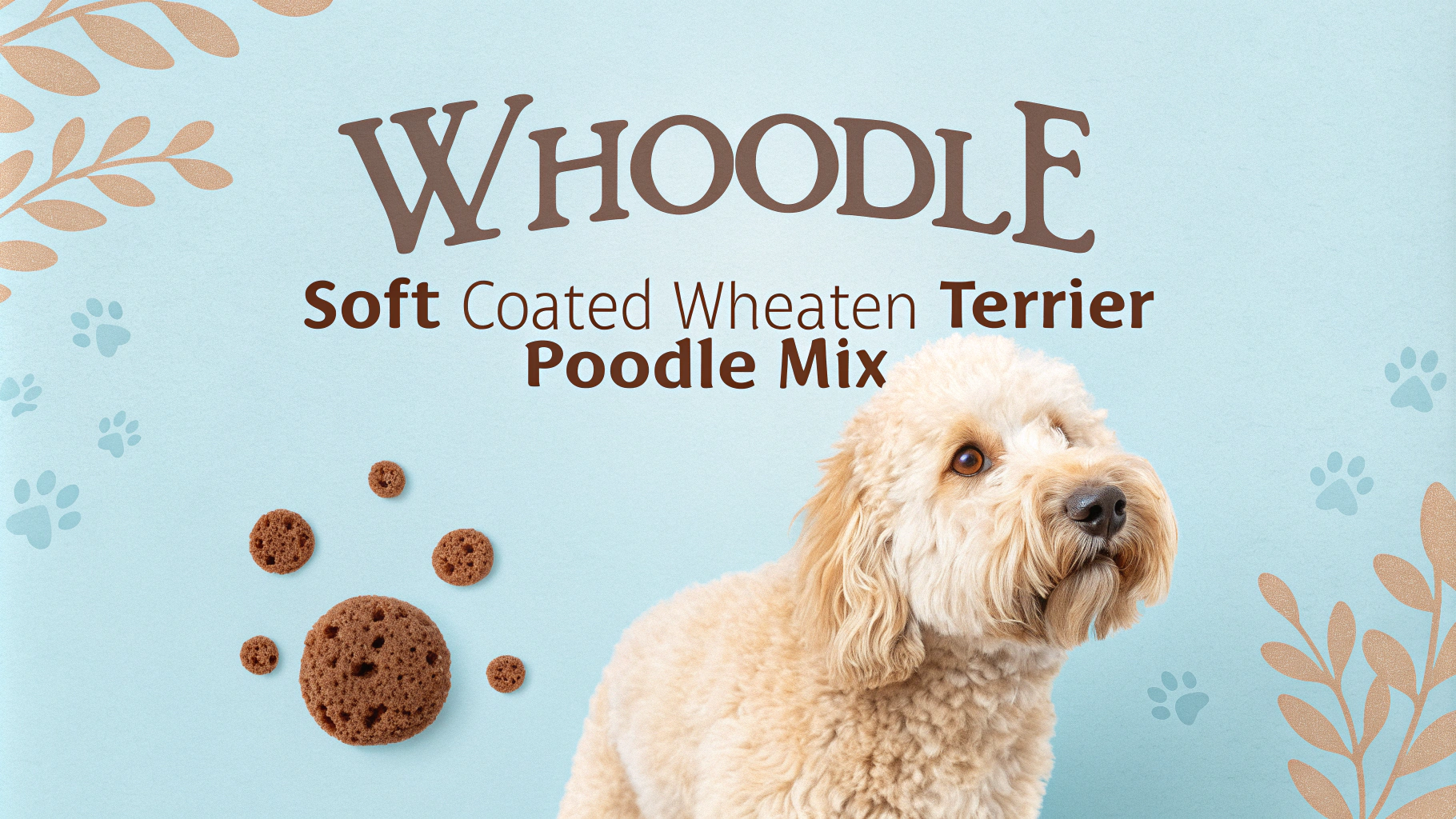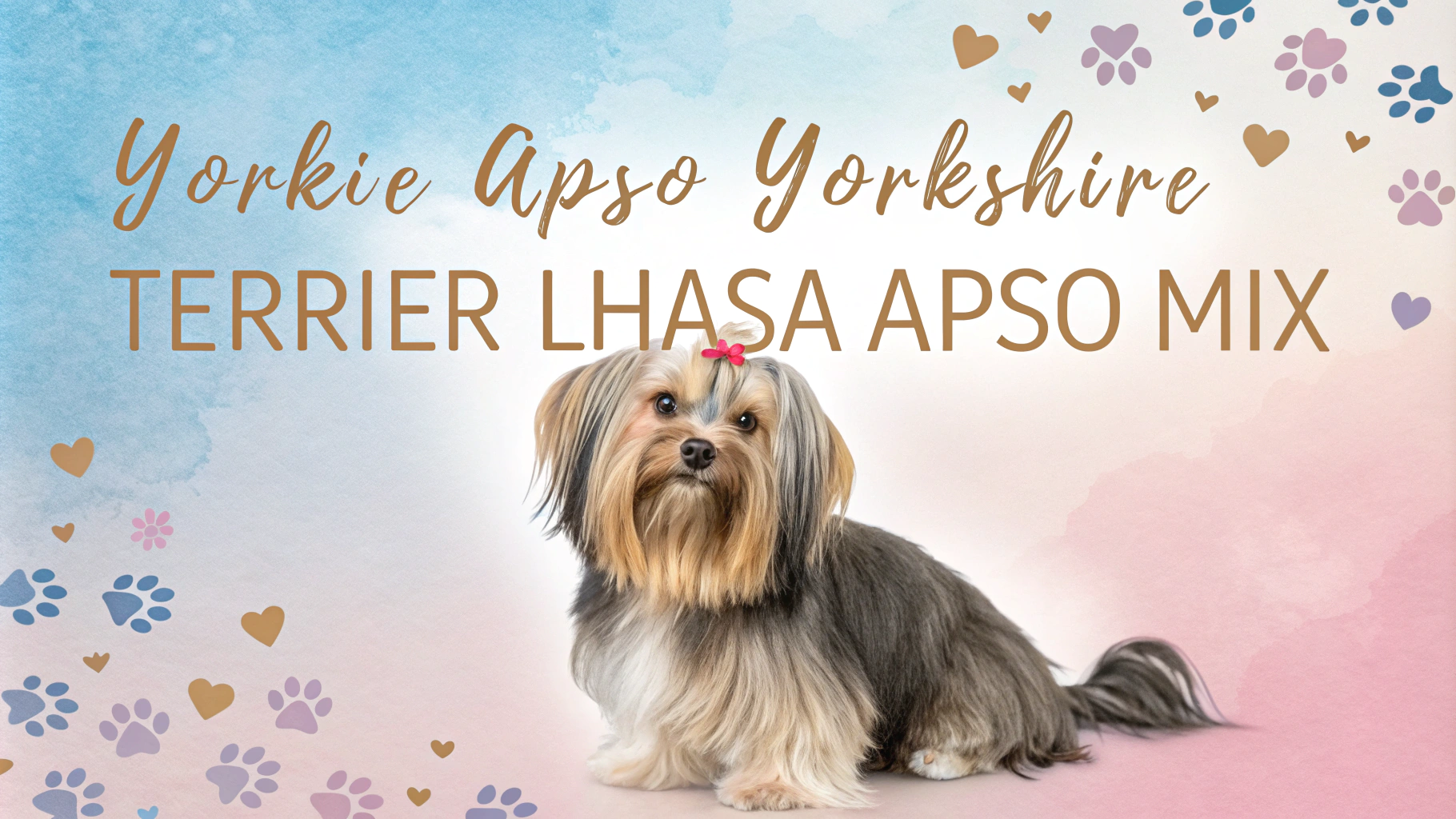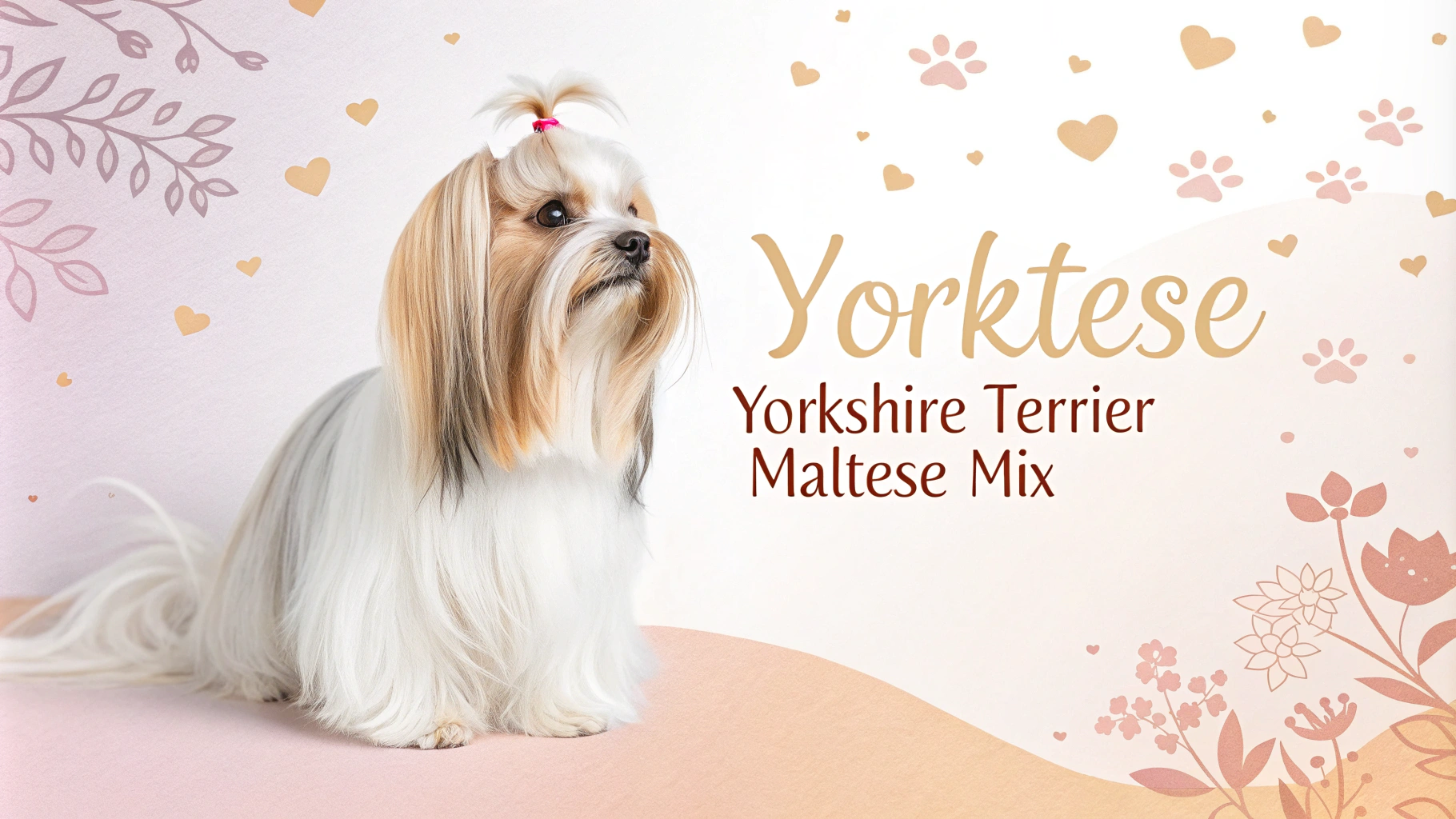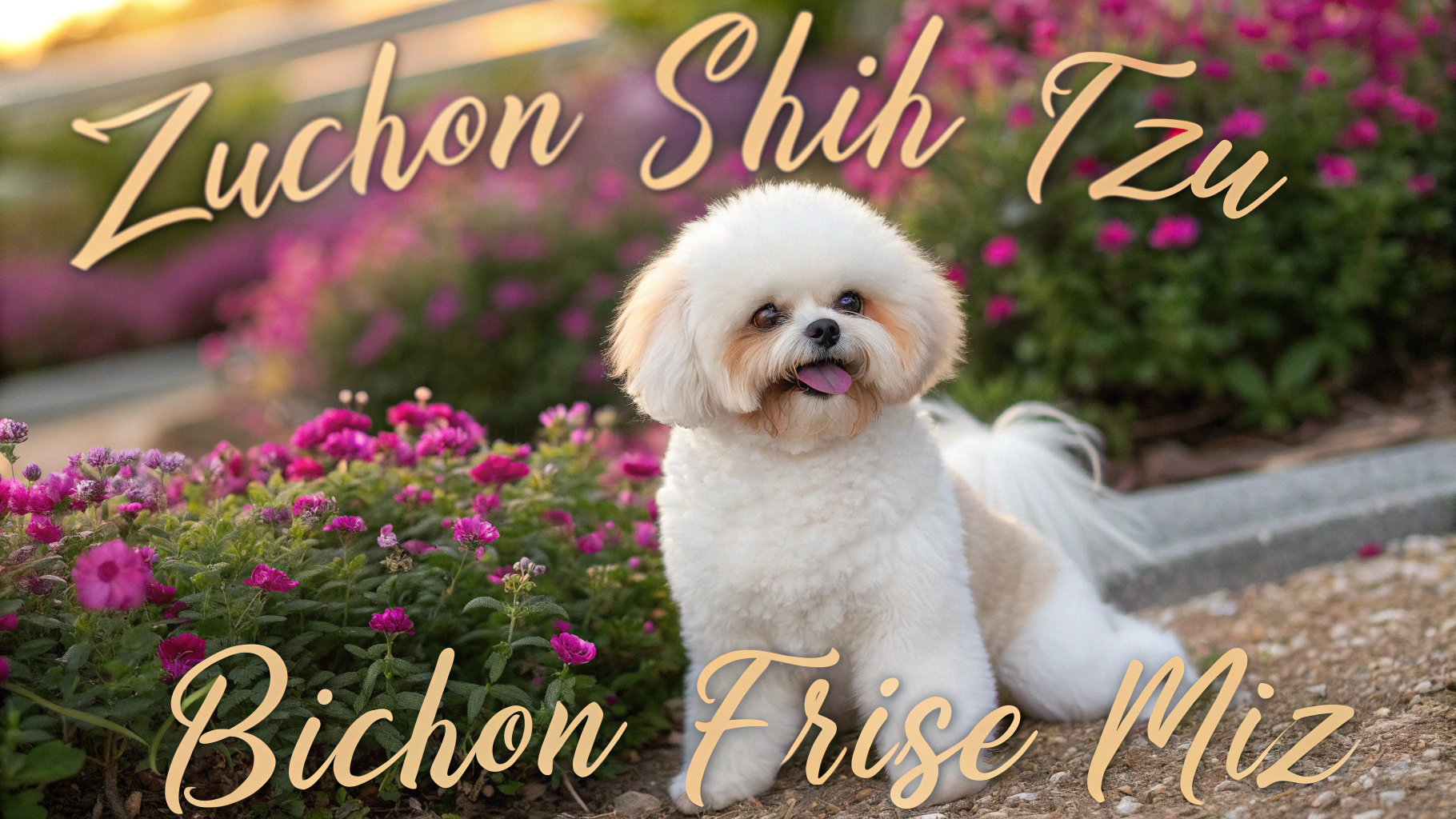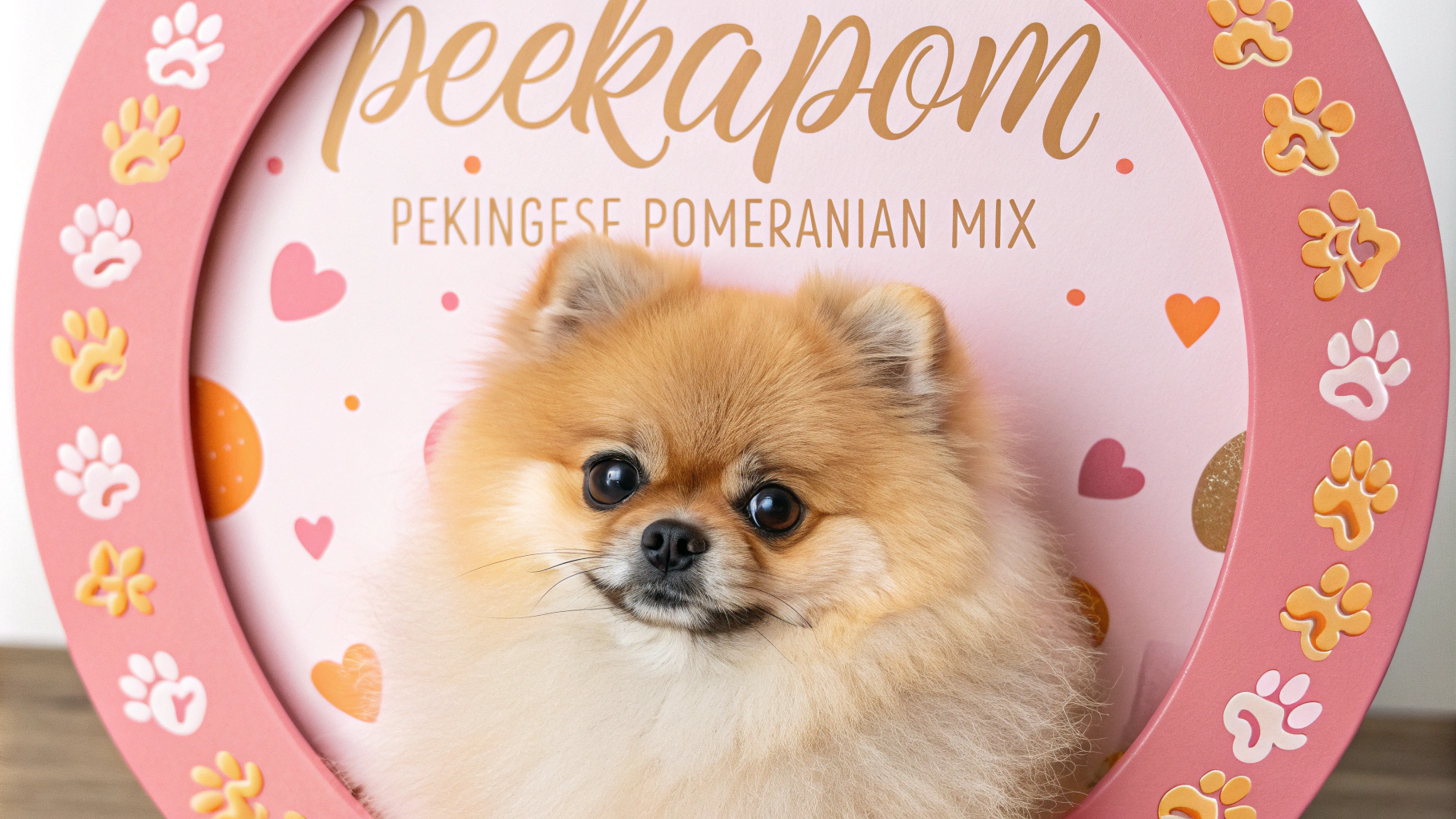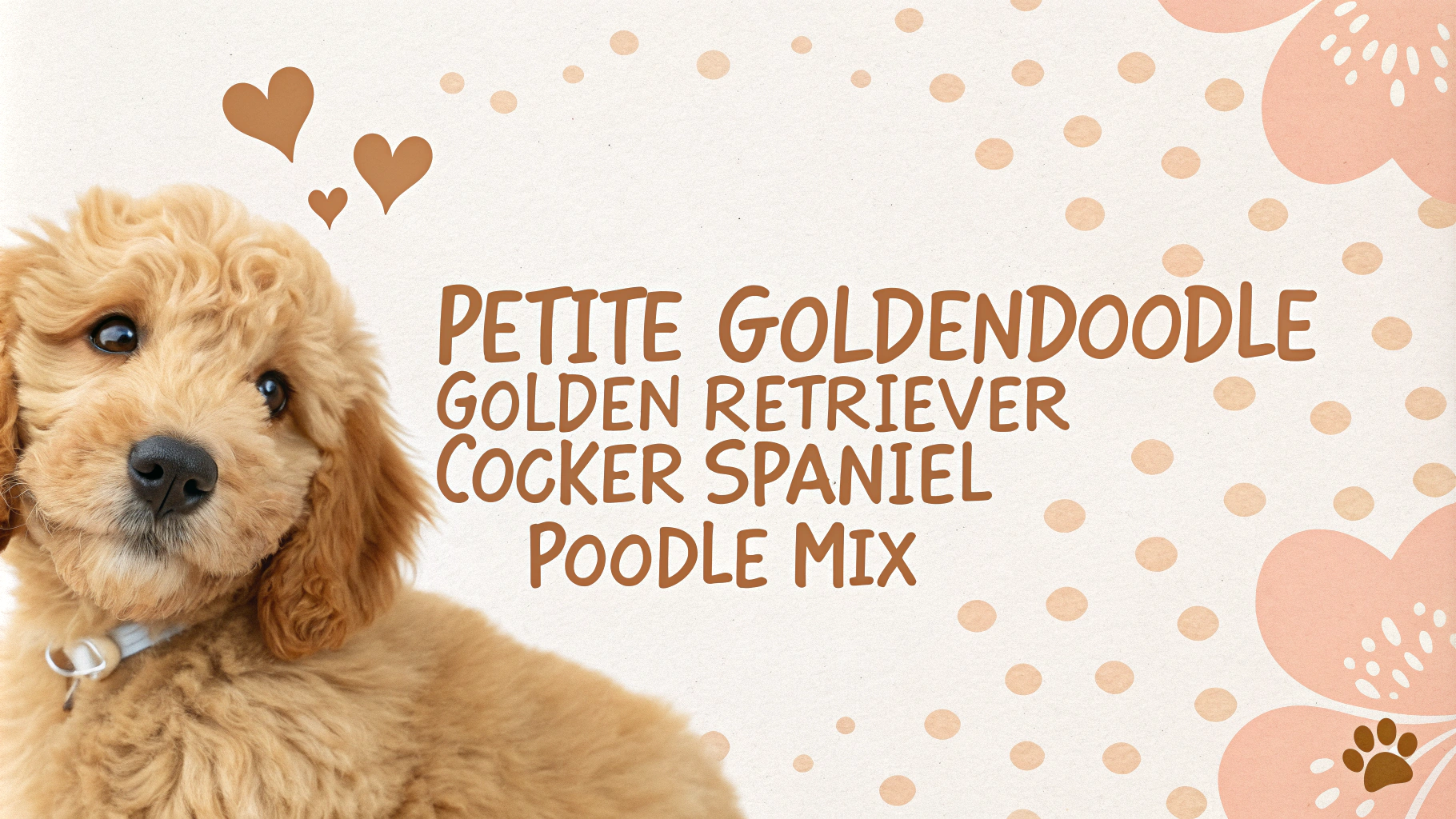The Zuchon, also known as a Shichon or Teddy Bear dog, is a delightful mixed breed resulting from crossing a Shih Tzu with a Bichon Frise. This small, affectionate companion dog combines the best traits of both parent breeds, creating a loving and playful pet suitable for various households. Zuchons are known for their adorable teddy bear-like appearance, friendly disposition, and adaptability to different living situations.
Key Facts
- Size: Small, typically 9-12 inches tall and weighing 8-16 pounds
- Lifespan: 12-15 years
- Coat: Soft, fluffy, and low-shedding
- Colors: Various, including white, cream, apricot, and combinations
- Temperament: Affectionate, playful, and sociable
- Good with: Families, seniors, apartment living
- Exercise needs: Moderate
- Grooming: Regular brushing and occasional professional grooming
Character Traits
Zuchons are known for their loving and affectionate nature, often forming strong bonds with their owners. They inherit the Shih Tzu’s loyalty and the Bichon Frise’s cheerful disposition, resulting in a friendly and sociable companion. These dogs are typically good with children and other pets, making them excellent family dogs. Zuchons are intelligent and eager to please, which can make training enjoyable, although they may inherit some stubbornness from their Shih Tzu parent.
Despite their small size, Zuchons are often confident and outgoing, enjoying social interactions and playtime. They can be alert and make good watchdogs, but are generally not excessive barkers. Zuchons are adaptable and can thrive in various living situations, from apartments to houses with yards. Their playful and affectionate nature means they do best when they can spend plenty of time with their family, as they may develop separation anxiety if left alone for long periods.
History & Origins
The Zuchon is a relatively new designer dog breed, likely originating in the United States within the last few decades. Like many mixed breeds, the exact origins of the Zuchon are not well-documented. The breed was created by crossing a Shih Tzu with a Bichon Frise, aiming to combine the desirable traits of both parent breeds.
The Shih Tzu, one of the parent breeds, has a long history dating back to ancient China, where they were prized as companion dogs for royalty. The Bichon Frise, the other parent breed, has roots in the Mediterranean and was popular among European nobility during the Renaissance. By combining these two breeds, breeders aimed to create a small, affectionate companion dog with a hypoallergenic coat and a friendly temperament.
While not recognized by major kennel clubs as a purebred, the Zuchon has gained popularity as a designer breed due to its appealing appearance and pleasant temperament. The breed continues to be developed and refined by dedicated breeders, although, like all mixed breeds, individual Zuchons can vary in appearance and temperament depending on which parent breed they take after more strongly.
Health Concerns
The Zuchon, being a mixed breed, can inherit health issues from both parent breeds. Common concerns include:
- Eye problems: Such as cataracts, progressive retinal atrophy (PRA), and corneal ulcers
- Respiratory issues: Due to their Shih Tzu heritage, they may experience brachycephalic airway syndrome
- Dental problems: Small breeds are prone to dental overcrowding and tooth decay
- Patellar luxation: A condition where the kneecap dislocates
- Allergies: Both skin and food allergies can be common
Regular veterinary check-ups, proper dental care, and maintaining a healthy weight are crucial for preventing and managing these issues. It’s also important to source puppies from reputable breeders who conduct health screenings on parent dogs.
Exercise Needs
Zuchons have moderate exercise needs, typically requiring about 30-45 minutes of daily activity. This can be divided into:
- Short walks (15-20 minutes) twice a day
- Indoor playtime with interactive toys
- Short training sessions that provide mental stimulation
While they enjoy outdoor activities, Zuchons are not high-energy dogs and are content with moderate exercise. They adapt well to their owner’s lifestyle, making them suitable for both active individuals and those with a more relaxed pace. However, it’s important to ensure they receive enough physical activity to maintain a healthy weight and prevent boredom-related behavioral issues.
Space Requirements
Zuchons are adaptable dogs that can thrive in various living situations, including:
- Apartments
- Small houses
- Larger homes with yards
Their small size (typically 9-12 inches tall and weighing 8-16 pounds) makes them well-suited for compact living spaces. However, they do benefit from having some dedicated indoor space for play and relaxation. A small yard or nearby park is ideal for outdoor exercise, but not necessary if regular walks are provided. Zuchons are indoor dogs and should not be kept outside permanently. They thrive on human companionship and prefer to be close to their families, making them excellent lap dogs and adaptable to various home environments.
Nutrition & Feeding
Proper nutrition is crucial for maintaining the health and longevity of a Zuchon. Key considerations include:
- High-quality dog food: Choose a brand formulated for small breeds with balanced nutrients
- Portion control: Typically 1/2 to 1 cup of dry food daily, divided into two meals
- Age-appropriate diets: Puppies, adults, and seniors have different nutritional needs
- Avoid overfeeding: Small breeds are prone to obesity, which can lead to health issues
Fresh water should always be available. Treats should be given in moderation, not exceeding 10% of daily caloric intake. Some Zuchons may have food sensitivities or allergies, so monitoring for any adverse reactions to new foods is important. Consult with a veterinarian to create a tailored nutrition plan that meets your Zuchon’s specific needs based on age, weight, and activity level.
Grooming Tips
Zuchons require regular grooming to maintain their soft, fluffy coat and prevent matting. Brush your Zuchon’s coat at least 3-4 times a week using a slicker brush or pin brush to remove tangles and distribute natural oils. Pay special attention to areas prone to matting, such as behind the ears, under the legs, and around the tail. Bathe your Zuchon every 4-6 weeks or as needed, using a gentle dog shampoo. Trim the hair around their eyes, paws, and sanitary areas regularly to keep them clean and comfortable.
Professional grooming every 6-8 weeks is recommended to maintain their coat length and shape. Regular teeth brushing (2-3 times a week) is essential to prevent dental issues. Check and clean their ears weekly to prevent infections, and trim their nails every 2-3 weeks or as needed. Be mindful of tear stains, which are common in this breed, and gently clean the area around their eyes daily with a damp cloth or pet wipe.
Training Approach
Zuchons are intelligent and eager to please, making them generally easy to train. However, they can be somewhat stubborn at times, so consistency and patience are key. Use positive reinforcement techniques, such as treats, praise, and play, to motivate your Zuchon during training sessions. Keep training sessions short (5-10 minutes) and fun to maintain their interest and prevent boredom.
Start with basic obedience commands like sit, stay, come, and leave it. Early socialization is crucial to help your Zuchon become a well-rounded adult dog. Expose them to various people, animals, and environments from a young age. Zuchons can be prone to separation anxiety, so crate training and teaching them to be comfortable alone is important. They may also have a tendency to bark, so teaching a “quiet” command can be beneficial.
Incorporate mental stimulation through puzzle toys and interactive games to keep their minds engaged. Potty training may take some time and patience, so establish a consistent routine and use positive reinforcement. Remember that Zuchons are sensitive dogs, so always use gentle, reward-based methods and avoid harsh corrections.
